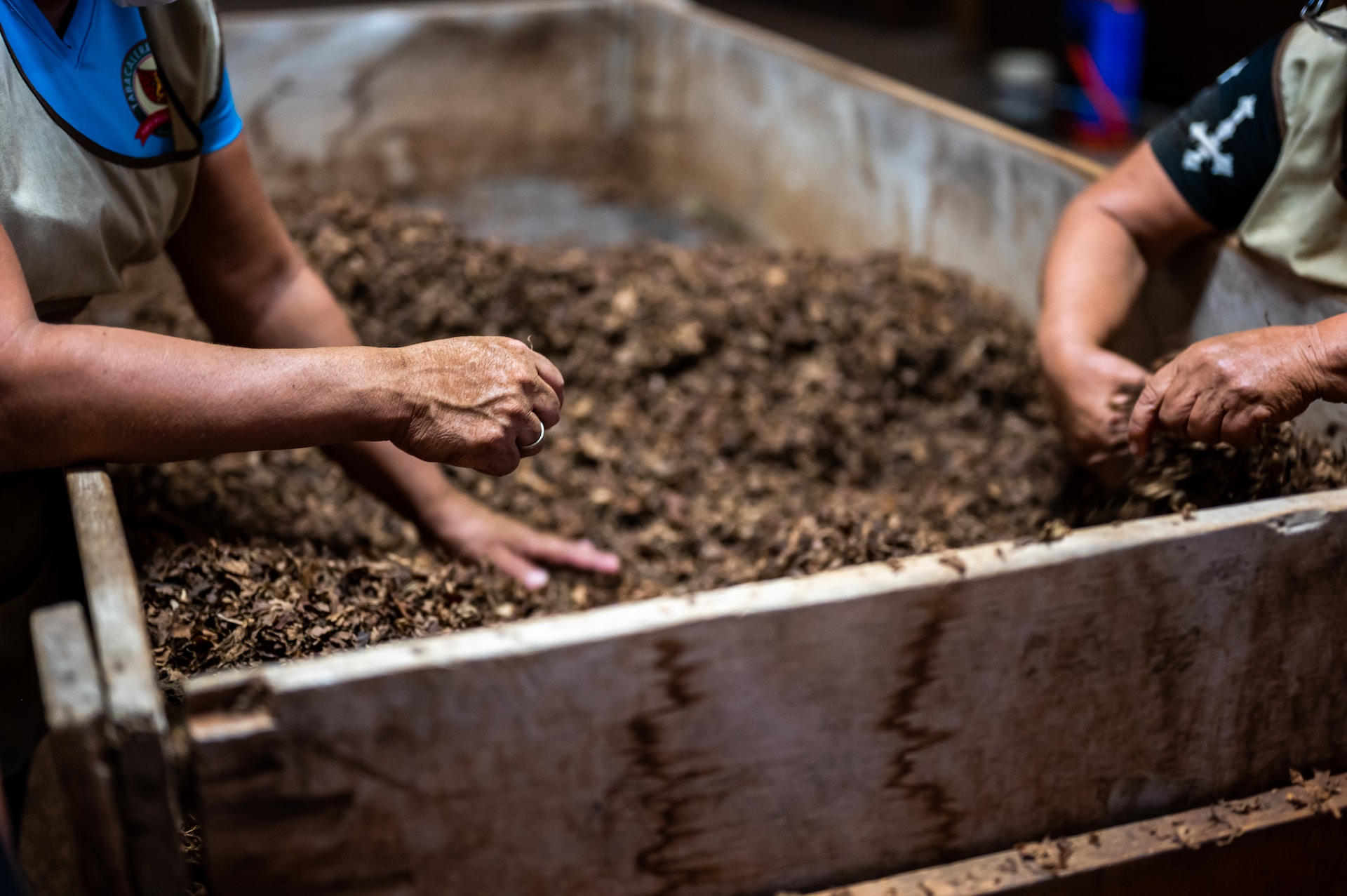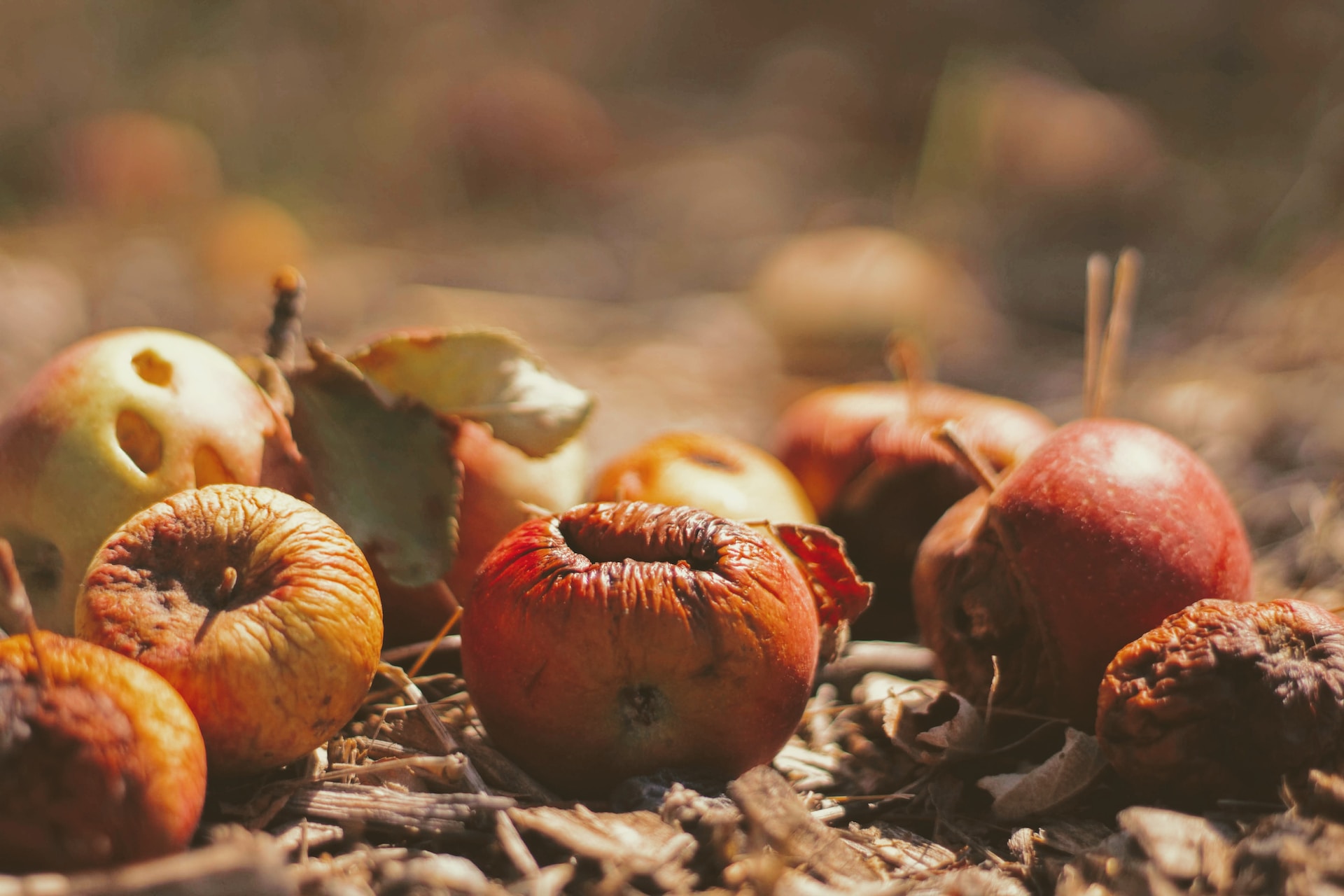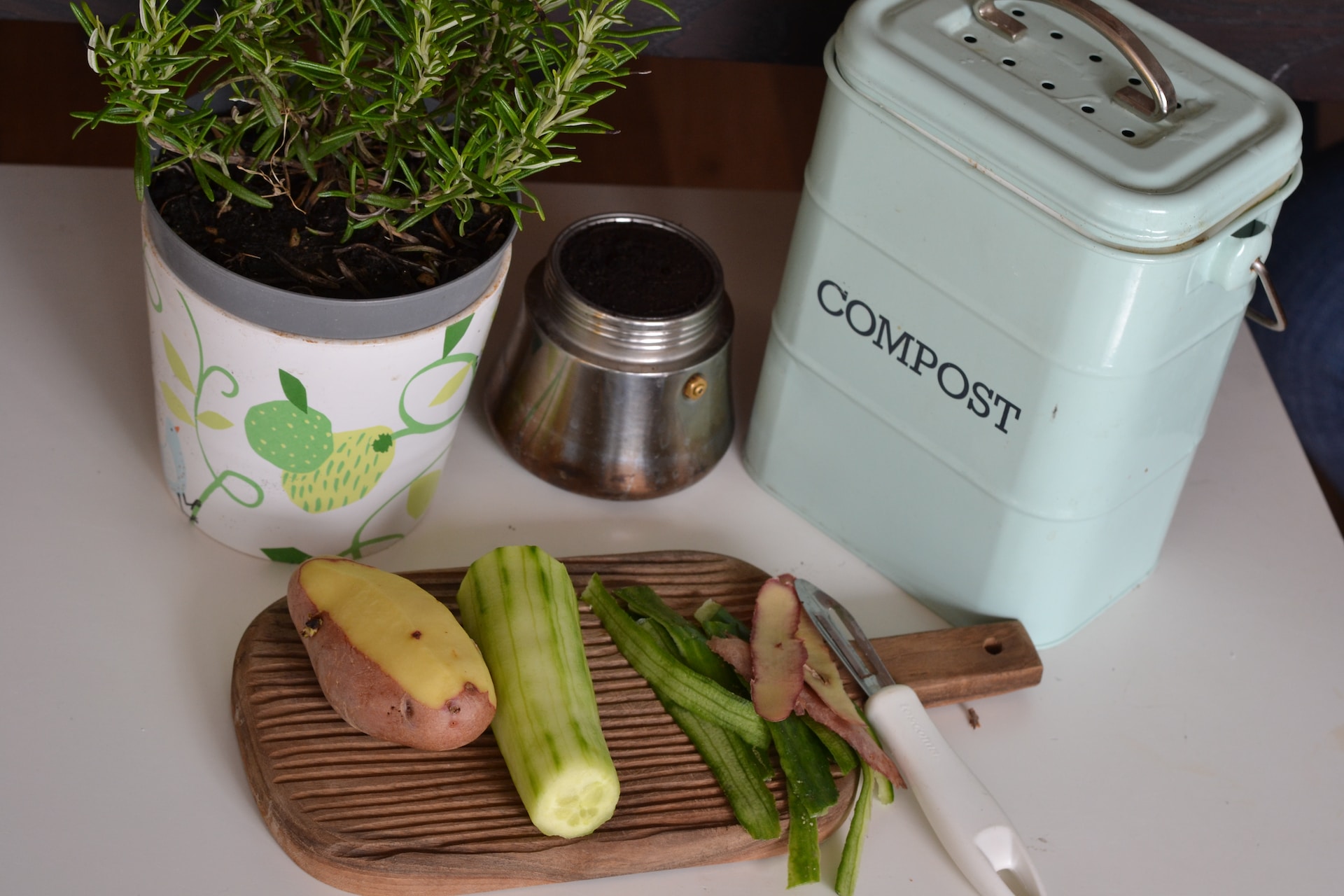Composting is an ecological and economical practice that allows you to transform organic waste into quality natural fertilizer for your garden. In addition to reducing our carbon footprint, composting allows us to actively participate in preserving the environment.
Understanding the composting process
Composting is a natural process of decomposing organic matter, such as fruit and vegetable scraps, garden waste and dead leaves. These wastes are rich in nutrients and can be transformed into a rich and fertile soil amendment.
For composting to take place optimally, it is necessary to create the ideal conditions for the microorganisms responsible for decomposition. These microorganisms, such as bacteria and fungi, feed on organic waste and transform it into humus, a substance that improves soil structure and promotes plant growth.

The benefits of composting
Composting has many benefits, both for the environment and for the gardener. First of all, it reduces the amount of waste sent to landfill, which contributes to the preservation of natural resources and the reduction of greenhouse gas emissions.
By transforming our waste into compost, we produce a natural fertilizer that promotes plant development and improves soil health. Compost improves soil water retention, reduces the need for chemical fertilizers and promotes biodiversity by attracting beneficial organisms, such as earthworms.
How to make compost successfully?
To obtain quality compost, it is essential to respect certain rules. First of all, it is recommended to have a balance between carbon-rich waste (brown) and nitrogen-rich waste (green). Carbon-rich waste includes dead leaves, branches and newspapers, while nitrogen-rich waste includes fruit and vegetable scraps, coffee grounds and freshly cut grass.
It is also important to mix the compost regularly to promote decomposition and avoid bad odors. Also be sure to maintain consistent humidity by watering the compost as necessary. Good composting also requires adequate aeration, so you can use a composter equipped with a ventilation system.
Using compost in the garden
Once your compost is ready, you can use it to fertilize your garden. You can simply spread the compost on the ground and lightly incorporate it using a fork or rake. Compost can be used to feed potted plants, flower beds, vegetable gardens and even lawns.
By using compost, you improve soil structure, promote water retention and provide necessary nutrients to plants. Additionally, compost helps prevent plant diseases and maintain a natural balance in the garden.
Ecological alternatives to traditional composting
While traditional composting is widely recognized for its ecological and horticultural benefits, there are alternative methods that can also be considered viable, especially for those who do not have the space or time for conventional composting. These alternatives offer a sustainable solution for organic waste management while being adapted to different lifestyles.
Vermicomposting: a collaboration with worms
Vermicomposting uses worms, particularly red worms, to break down and transform organic waste into compost. These worms consume leftover fruits and vegetables, producing nutrient-rich droppings called “vermicompost.” This method is particularly suitable for apartments or small spaces, as it does not require a lot of space and produces few odors.
Bokashi: fermentation serving decomposition
Originating from Japan, bokashi is a method of fermenting organic waste. Using its active ingredient, often in the form of bran enriched with effective micro-organisms, the waste is fermented in an airtight bucket for several weeks. Once the process is complete, the contents can be buried in the garden where they will quickly decompose, enriching the soil with valuable nutrients.
Heap composting: for large gardens
Ideal for those with large gardens, heap composting involves piling organic waste directly on the ground, without specific containers. Although it may require more time to decompose compared to containerized methods, it offers the advantage of handling large volumes of waste and producing a large amount of compost.
The importance of alternatives
Opting for an alternative to traditional composting can not only meet specific space or convenience needs, but also significantly contribute to waste reduction. Each method, with its unique benefits, has the potential to transform our organic waste into a valuable soil conditioner. By understanding and choosing the method best suited to our needs, we can actively participate in preserving our environment while benefiting from healthy and fertile soil for our gardens.

Different types of waste for composting
Composting, as previously mentioned, is a valuable technique for recycling organic waste into a natural fertilizer for the garden. However, it is essential to know what types of waste can be used in the composter to achieve the best possible result. Although most people are familiar with fruit and vegetable waste and fallen leaves, there are other types of waste that can also be beneficial.
Eggshells are an excellent source of calcium, an essential element for plant growth. They can be crushed and added to compost to increase the mineral content of the final amendment.
Tea bags and coffee grounds are rich in nitrogen, a crucial element for plant development. In addition, coffee grounds have the advantage of attracting earthworms, valuable allies in the composting process.
Untreated wood waste, such as shavings and sawdust, can also be added. They are rich in carbon, which helps balance the nitrogen content of green waste.
Hair and nails are sources of protein that break down slowly. They can serve as food for microorganisms for an extended period, ensuring constant activity in the composter.
However, it is essential to note that not all waste is suitable for composting. Dairy products, leftover meats and oils can attract pests and are best avoided. Likewise, diseased or infested plants can introduce pathogens into the compost, so it is best to dispose of them in other ways.












